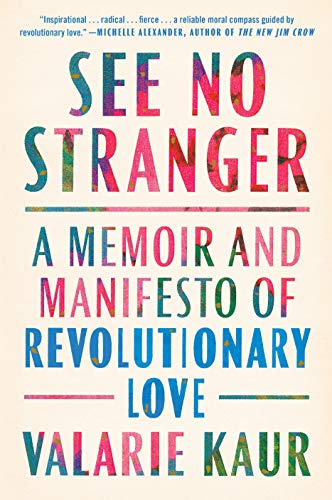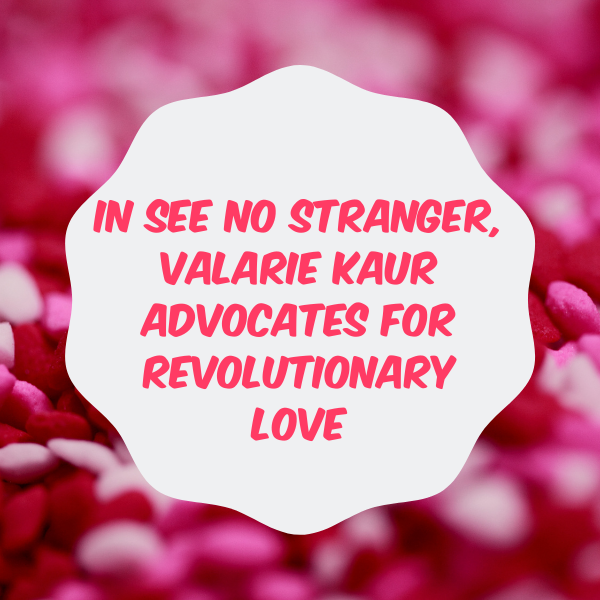It’s easy to feel useless in the face of a white supremacist society that was created to bolster your own privilege. Sure, you can read every book on anti-racism. Support the small businesses built by those within marginalized communities. Lift up other voices. Attend rallies.
But what good are you if you can only talk about change within an echo chamber of like-minded people? What good are you if you can’t change what’s in other people’s hearts? What good are you if you can’t even have a rational, composed conversation with acquaintances and family members without devolving into an emotional, enraged wreck?
Reaching Consensus
Four years ago, while at the National Sex Ed Conference, I attended a workshop on the consensus process, a tool for dissolving disagreements (or at least finding understanding) around contentious issues. There, I learned about the National Consensus Process on Sexual Health and Responsible Sexual Behaviors, which was convened in response to the 2001 “Surgeon General’s Call to Action to Promote Sexual Health and Responsible Sexual Behavior.”
At the time, 18 national organizations across the political spectrum — from the Planned Parenthood Federation of America to the U.S. Conference of Catholic Bishops — met over the course of 18 months to talk about sexual health and responsible sexual behavior. The great hope was that they could find a way to identify common values around sexual health, making it easier to communicate — together — about a path forward.
“The question of sexual health has become so highly charged that it often is considered too sensitive to approach,” reads one interim report to come out of the process. “In a sense, we have dared to touch a ‘third rail’ in what some describe as the U.S. cultural wars and discovered that it is possible to reach some areas of significant agreement while not compromising deeply held values, beliefs or commitments about which we may continue to disagree.”
I was fascinated by this and, after the conference, sought out information on similar consensus projects around issues of gun control, mental health, criminal justice, and even palliative care. I pored over guidelines on the consensus process and wondered how I could apply them to the smaller, day-to-day interactions I might have about social justice.
Despite this, I continued to be better in writing. With writing, I could carefully consider my words. Write them out over the course of minutes, hours, days. Delete the parts that didn’t work. Revise and revise and revise until I had reached a sort of eloquence.
In person, I was a bumbling mess. My brain wiped clean of facts and statistics every time someone said something I found infuriating. My mouth stumbling over all my careful arguments and examples and compelling narratives as I and whomever else talked past each other.
But this is not supposed to be easy, right? And in reading Valarie Kaur’s See No Stranger: A Memoir and Manifesto of Revolutionary Love, I am inspired again, even as I remain frustrated.
Valarie Kaur’s Vision of Revolutionary Love

In See No Stranger, Kaur — a civil rights activist, lawyer, and filmmaker — writes of her journey as a brown girl growing up in the U.S. who is eventually radicalized by the murders of her fellow Sikhs after 9/11. Over the course of the ensuing years, as she attends law school and fights injustices in American prisons and works with communities who have fallen prey to hate crimes, she comes to believe that the true path to transformation lies in revolutionary love.
This type of love, she writes, is one in which we can look at one another and think, “You are part of me I do not yet know.” In this way, with this sense of open curiosity, we can find understanding, forgiveness, and a way forward.
As I read Kaur’s book, and of her approach to those who seemed blind and unyielding in their hate, I grappled with how one could possibly respond to bigotry with love. When Kaur wrote of atrocities that had repeated and built upon themselves throughout history, I wept. Out of this despair and out of this absence of positive change, how could Kaur possibly persist in her dedication to revolutionary love?
But in her book, Kaur helps us understand this path by sharing her own story of sexual assault and the sexual pain she suffered as a result, a narrative thread that, at first, felt out of place for me within the context of her larger story.
By the end, however, these disparate threads began to come together.
“Listening does not grant the other side legitimacy,” she writes. “It grants them humanity — and preserves our own.”
Moving Beyond Empathy
Lest you think Kaur’s theory of revolutionary love is about empathy alone, See No Stranger also lays out a blueprint for something that feels similar to the radical empathy described by the academic and activist Rachel Cargle, who defines this type of empathy as one that says, “I see you and I’m going to hold myself accountable for how I played a part in your pain.”
Kaur writes of how previous efforts by documentary filmmakers (including herself) to build empathy for immigrants and refugees and survivors of violence have fallen short.
“The idea was that if we just humanized people, it would motivate audiences to action,” she writes. “But witnessing suffering does not necessarily lead to meaningful action. … We can have all the empathy in the world for a group of people and still participate in the structures and systems that oppress them.”
She writes that, after listening to a story that builds empathy within ourselves, “we must return to our skin, our own worldview, and notice how we have been changed by our visit. So I ask myself, What is this story demanding of me? What will I do now that I know this?”
And in fact, reading See No Stranger inspires the same questions in me.
If you, too, are struggling with how to have discussions about social justice with those in your life instead of talking past them, I recommend this book. If you’re looking for a framework for your wider social justice efforts, I recommend this book.
And when you’re done, do more. Read Layla Saad’s Me and White Supremacy for understanding and self-reflection. Read Robin DiAngelo’s White Fragility if it helps you have those deeper conversations. But then also read more deeply about race and justice, about hate in America, about nonviolent social change, and about love (Kaur’s book has a helpful reading list at the end). And then? Do the work. Rachel Cargle has a fantastic 30-day #DoTheWork course to get you started. But know that it’s only the beginning.



Pingback: How to Have Difficult Conversations Without Blowing Your Top | Feminist Book Club